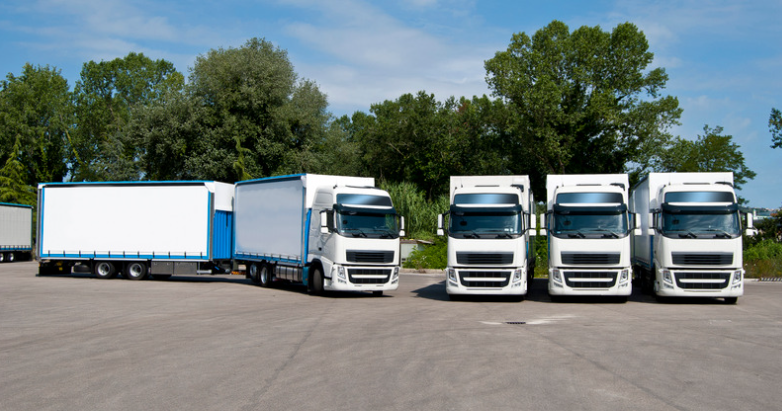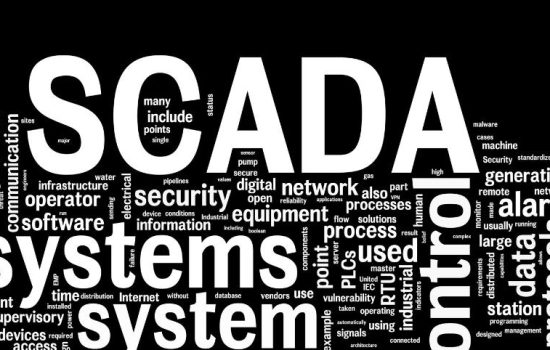As a business owner or manager, you’re always looking for ways to increase efficiency, reduce costs, and improve the bottom line. More specifically, if you’re managing fleets, one area you will certainly want to consider is fleet tracking.
Referring to the use of GPS technology to monitor the location, speed, and activity of vehicles and assets in a fleet, fleet tracking can save fleet managers money and improve overall performance – let’s find out how.
What is fleet tracking?
![]()
Fleet tracking involves the use of GPS tracking devices and software to monitor and manage a fleet of vehicles and assets. These devices can be installed on a variety of vehicles, including cars, trucks, vans, and heavy equipment.
Once installed, the devices transmit real-time data to a central system, which fleet managers and other authorised personnel can access. This data includes information on vehicle location, speed, fuel consumption, maintenance needs, and more.
Benefits of fleet tracking
![]()
There is a range of benefits when it comes to implementing a fleet tracking system in your small business, the most obvious of those being:
Increased efficiency
Fleet tracking allows you to monitor your vehicles in real-time, which means you can optimise routes, reduce idle time, and improve overall productivity.
Reduced Fuel Costs
Because fleet tracking systems can help optimise routes, they can help businesses greatly save on fuel costs by having the vehicle on the road for the least amount of time.
Fleet tracking solutions also help you monitor idle time, noting which parts of a journey increase the most and waste fuel. Identifying this allows a business to reduce this time and save money on fuel significantly.
Theft Prevention
Fleet tracking systems can also help prevent the theft of vehicles or equipment. With real-time location tracking, fleet managers can quickly locate and recover stolen vehicles or equipment, reducing the likelihood of fleet insurance claims for theft.
Reduce Maintenance Costs
Fleet tracking can help you schedule regular maintenance and repairs, preventing breakdowns and extending your vehicle’s life.
Safer Driver Behaviour
Fleet tracking can help you identify and address unsafe driving behaviours like speeding and harsh braking. This can reduce accidents and improve the safety of your drivers and other road users.
How much money can you actually save with fleet tracking?
The answer depends on several factors, including the size of your fleet, the types of vehicles in your fleet, and the nature of your business. Fuel costs are one of the biggest expenditures when it comes to fleets, especially for those that cover long journeys.
Delivery companies, in particular, may have high fuel costs because their fleets are always on the road and covering a large distance up and down the country.
With research (such as this study by the Aberdeen Group) showing that companies with fleet tracking systems reduced their fuel costs by an average of 13.2%, it is clear to see that fleet managers who have not yet considered fleet tracking may wish to do so very soon.
Savings can also be made on maintenance costs, as a study by Frost & Sullivan found that companies with fleet tracking systems reduced their maintenance costs by an average of 14.8%.
No matter how long or short a fleet’s typical journey times are, maintenance issues are an inevitability. Using a fleet tracking system can help to reduce these issues greatly and, as a result, the cost involved.
Factors that impact cost savings

While fleet tracking can lead to significant cost savings, there are also several factors that can impact the actual amount you’ll save. The first one is the size of your fleet; generally speaking, the larger your fleet, the greater the potential for cost savings.
That’s not to say that a fleek tracking system cannot benefit smaller fleets, however, as they can still offer great opportunities for savings in both the short and long term.
The nature of the business is also an important factor in impacting cost savings, as some will experience greater cost savings than others because their business revolves more heavily around the use of vehicles.
For example, delivery companies with fleets always on the road and covering long distances are likely to see greater savings from fuel optimisation and reduced idle time.
Crystal Ball’s fleet tracking solution offers businesses an in-depth look into the way their vehicles operate on the road, providing a wide range of opportunities to save money and cut costs.
From saving money on fuel costs to ensuring that your vehicles are using the fastest, most efficient routes, businesses can save a significant amount of money thanks to the data that GPS trackers provide.







